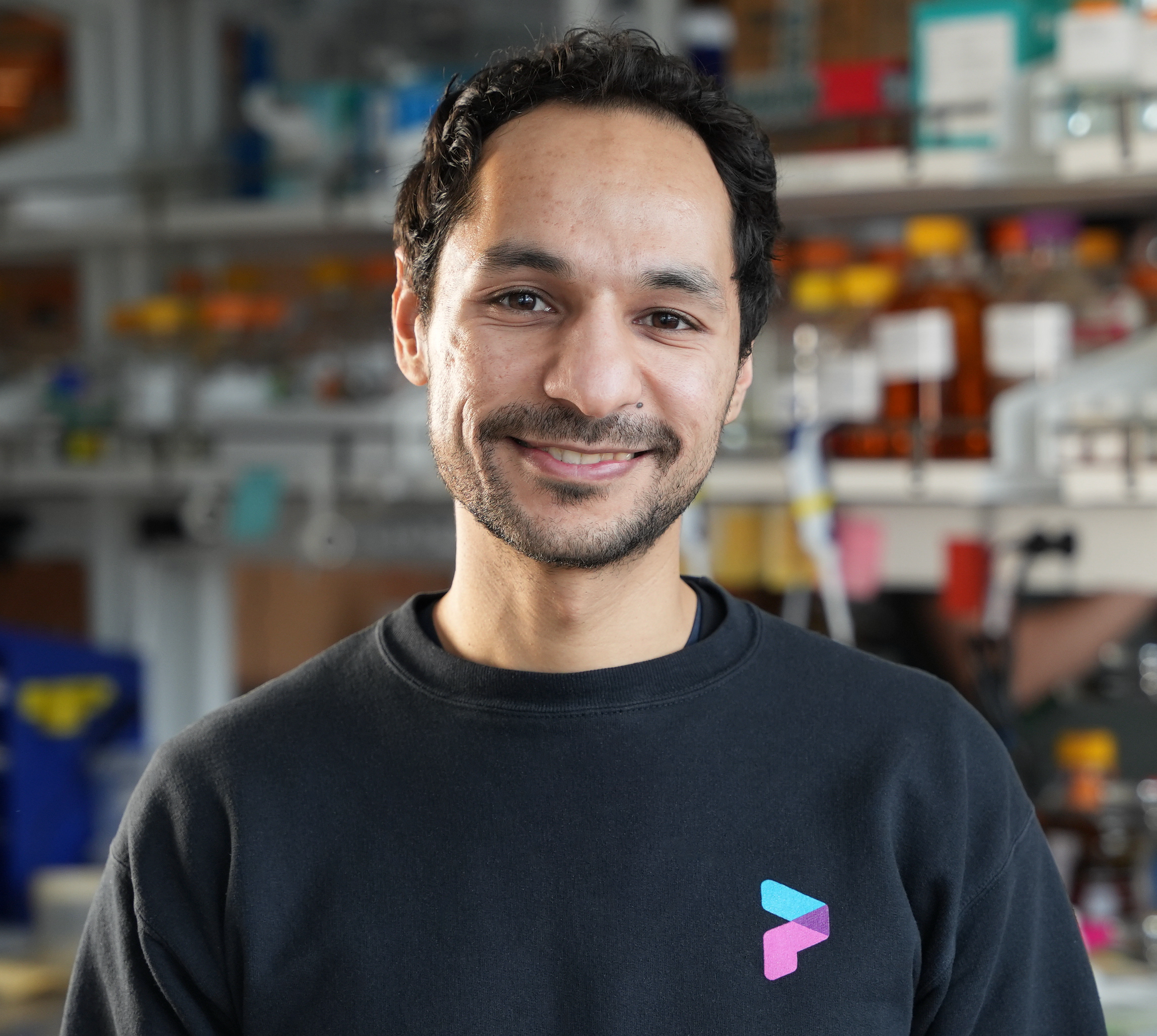
- This event has passed.
CBE Seminar: “Unlocking New Therapeutic Strategies by Reconstructing Cell Signaling Networks from the Ground Up” (Mohamad Abedi, University of Washington, Seattle)
January 22 at 3:30 PM - 4:30 PM
Abstract:
Immunotherapies have achieved remarkable success in treating hematological cancers, yet the solid tumor microenvironment remains a significant barrier to therapeutic breakthroughs. Machine learning (ML)-driven computational protein design offers a powerful approach to creating novel protein components tailored for specific functions. By combining ML-driven design with synthetic biology and immuno-engineering, we have developed innovative tools to overcome therapeutic barriers within the tumor microenvironment while deepening our understanding of the biological systems involved. In the first half of this seminar, I will introduce three new technologies developed using these approaches: (1) a receptor degradation platform to remodel the tumor microenvironment and enhance therapy, (2) a novel class of receptors that sense soluble tumor markers and localize therapeutic activity, and (3) de novo-designed many-to-many protein networks resembling mammalian signaling complexity. In the second half, I will present a computational protein design pipeline that reconstructs cytokines from the ground up. This approach allows us to design cytokines with customizable receptor clustering geometries, enabling precise exploration of their cell-specific effects and the ability to fine-tune their naturally pleiotropic activities. Furthermore, this approach enabled us to transcend nature’s designs by creating entirely novel cytokines that cells have never encountered before, thus unlocking new therapeutic opportunities to manipulate the tumor microenvironment and expand our understanding of the underlying signaling mechanisms.

Mohamad Abedi
HHMI Fellow of the Jane Coffin Childs Fund
Dr. Mohamad Abedi is an immigrant scientist who applies engineering principles to study and manipulate biological systems. His research focuses on developing technologies to decode and engineer cell communication and protein signaling networks, with an emphasis on immuno-engineering and cell therapies. A former refugee, Mohamad began his academic journey in the US at UC Irvine, where he earned a degree in biomedical engineering and conducted research in the labs of Dr. Elliot Hui and Dr. Chang Liu, exploring microfluidics and directed evolution. These experiences ignited his passion for creating novel tools to study and manipulate biological systems. As a Soros and NSF-GRFP fellow during his Ph.D. in Dr. Mikhail Shapiro’s lab at Caltech, he developed thermally responsive proteins as molecular “walkie-talkies” and paired them with ultrasound to remotely control T cells and tumor-targeting microbes deep in the body. Currently, as a JCC/HHMI fellow at the Institute for Protein Design in Dr. David Baker’s lab, he integrates machine learning-driven computational protein design, high-throughput automation, and synthetic biology to advance our understanding of cell signaling and enable novel immunotherapy approaches. Mohamad is deeply committed to pushing the boundaries of bioengineering while ensuring the field is accessible to students from all backgrounds, fostering mentorship, and promoting equity in science.
